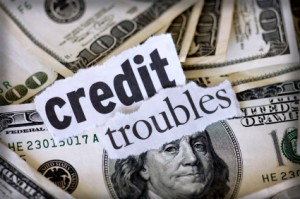Rental history has gone unnoticed on credit reports for years. Families all over the U.S. have been making their rental payments on time with no credit toward their credit reports. Experian recently announced that they would be adding rental history to their reporting and will be the first major credit bureau to do so.
There are roughly 103 million Americans currently renting. According to Experian, with that many Americans the Bureau felt it was necessary to give those renters credit for their good history. In the past only negative history made it on their reports and now they will report the positive history.
In the world of mortgage a good rental history is never counted as good credit like a credit card history on your credit report.. It is usually necessary to have a good rental history to show you can make your payments on time. Lenders found this out by getting a verification of rental from the land lord.
With this new feature of reporting to Experian your history will be available on your credit reports. Once Experian makes this information available the scientists at FICO will determine whether rental history will be able to predict credit risk in the future. This information will also determine whether FICO will add this history to their scoring model.
In the past this type of history is considered non-traditional history. Other examples of this history would be your electricity payment, water bill payment, car insurance payment; all of these types of payments are non traditional history.
Some government loans such as FHA will allow you to get such history to show credit worthiness. But in most cases the way any of this non-traditional history shows up on your credit report will be as a result of a collection for non-payment.
This new reporting feature could be good for some Americans if they make their rental payments on-time and Experian does not report the late payment history. Currently if you are late on your rental payment that history goes un reported to your credit report. With this new feature of reporting only time will tell how it will affect credit reports and scores.
CreditScoreQuick.com





